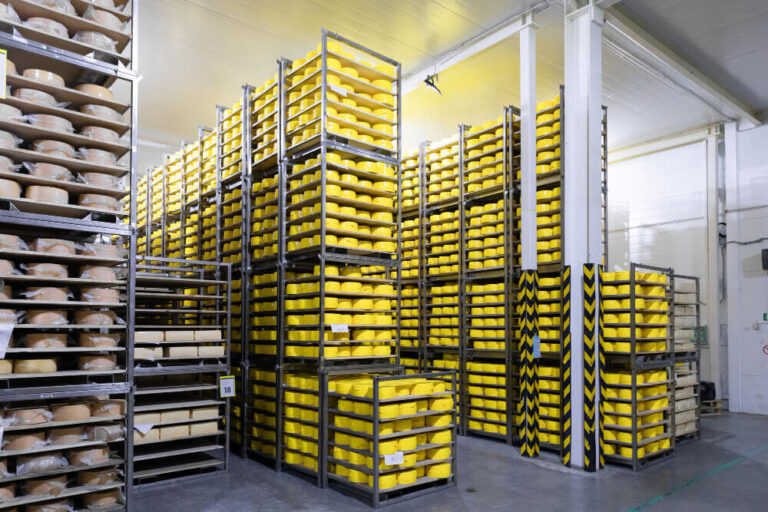Industries depending on temperature-regulated environments must preserve the quality of perishable commodities using cold storage. Companies handling food, drugs, and other delicate goods have to pick a trustworthy facility to guarantee good operations and product integrity. Choosing a cold storage service calls for thorough consideration of many elements. These are the main factors to take into account:
Storage Conditions and Temperature Control
Maintaining the right temperature is important for storing perishable products. Whether frozen or controlled room temperature, different items call for different ranges of temperature. To eliminate variations, a dependable cold storage facility should provide exact temperature control together with real-time monitoring systems.
Continuous refrigeration during power outages also depends on backup power systems. Companies should confirm if the facility can satisfy their particular storage requirements and keep product quality under all circumstances.
Scalability and Storage Capacity
Every company has different storage needs; hence, choosing a facility with the appropriate capacity is quite important. Certain facilities provide pallet racks, shelving, and bulk storage spaces, among other adaptable storage choices. Choosing a facility with scalable options lets your company adjust its storage depending on seasonal swings.
Being able to increase storage capacity as needed guarantees effective inventory control and helps companies avoid unnecessary expenses. Another good consideration is whether the service can handle future expansion.
Location and Accessibility
The efficiency of transportation depends significantly on the location of a cold storage facility. A strategically placed facility close to distributors, suppliers, or transportation hubs guarantees faster delivery and lowers travel time.
Businesses needing quick and effective supply chain management would benefit from easy access to airports, ports, or highways. Facilities with 24/7 access also offer more flexibility, particularly for companies running strict schedules and requiring regular supply flow.
Safety and Security Measures
Strong security and safety rules are crucial since cold storage facilities handle delicate and valuable goods. To prevent unauthorized access, a reputable institution should feature limited access, round-the-clock surveillance, and alarms.
Emergency response plans and fire suppression systems assist in protecting stored items against unplanned events. To guarantee proper cleanliness and handling practices, select a facility that follows industry standards such as GMP (Good Manufacturing Practices) or HACCP (Hazard Analysis and Critical Control Points).
Contract Terms and Costs
Effective cost control depends on understanding how a cold storage facility prices its services. Facilities might have several pricing strategies, ranging from flexible payment options to set long-term contracts. Companies should clarify extra costs for things like transportation, inventory control, or temperature changes.
Examining contract terms, including responsibility clauses and termination policies, helps to avoid unanticipated costs. Selecting a reasonably priced facility with transparent pricing guarantees improved operational effectiveness and financial planning.
Customer Service and Reputation
The reputation of a cold storage facility is a good gauge of its dependability and caliber of operation. Examining client comments, testimonials, and case studies can provide insight into the performance of the supplier. Consistent service delivery is more likely from a facility with a history of excellent client experiences.
Quick resolution of problems also depends on prompt customer service. A provider that prioritizes customer satisfaction will assist with logistical coordination, temperature monitoring, and inventory management.
Maintaining effective business operations and keeping product quality depend on choosing the proper cold storage facility. Businesses can make informed decisions by weighing elements such as temperature control, storage capacity, location, security, costs, and reputation.
A well-equipped, strategically placed facility will improve operating effectiveness and guarantee consistent storage for temperature-sensitive products. Investing time to assess these important elements will enable companies to choose a long-term storage solution that advances success and growth.


